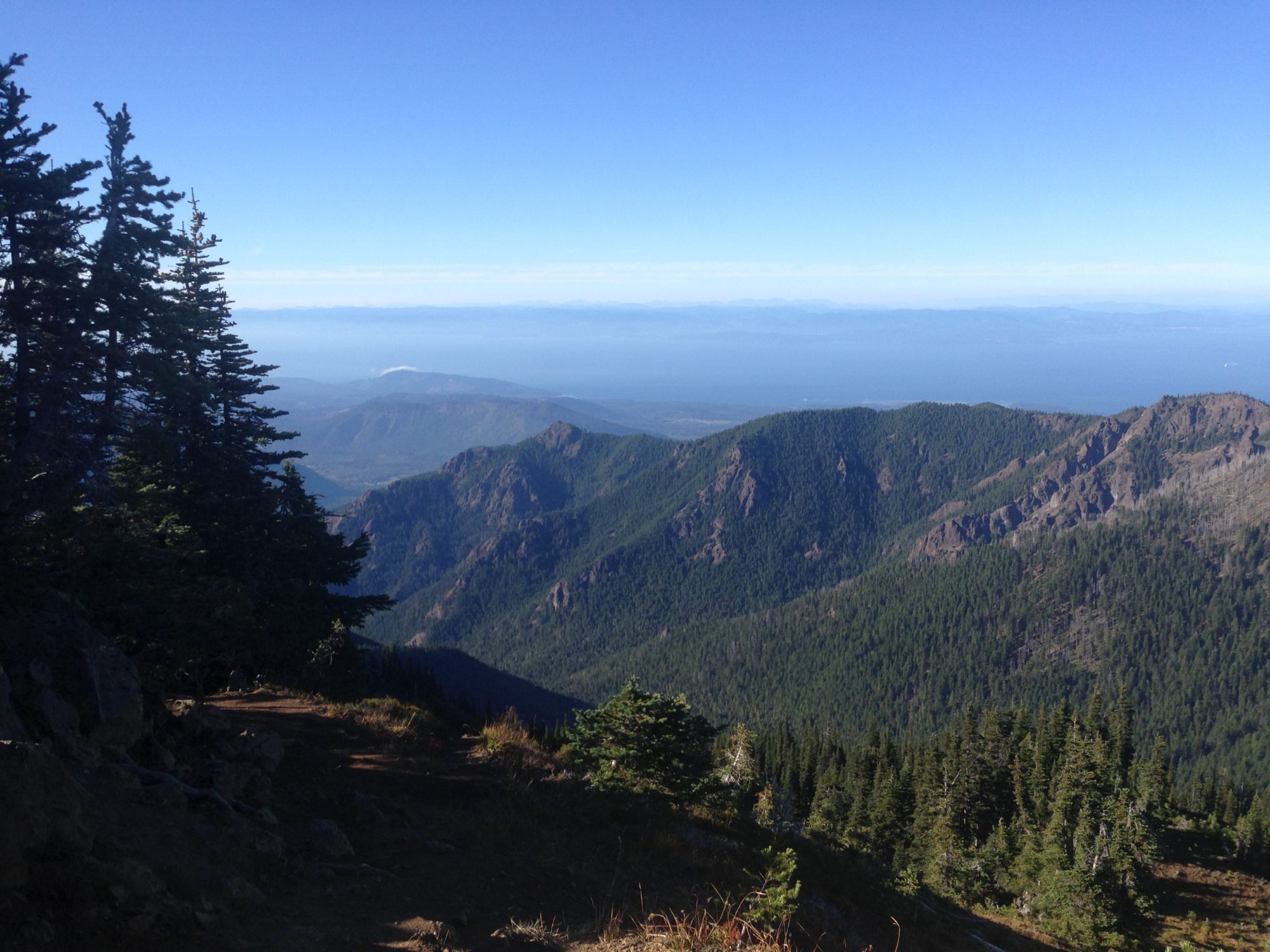Noticed this bit recently in the NYTimes, by an MD expert reflecting on the edge at not knowing. Sounds a lot like open space occuring naturally in the wild of everyday living and working:
While I was able to reel off statistics on the latest treatments and medications, I found I had little to offer when it came to issues most pressing to them. I wasn’t sure of the best way to organize and remember the dozens of medications they were required to take. I didn’t know the most efficient way for them to schedule follow-up visits with me or my colleagues. I had no suggestions other than more pills for dealing with the nausea induced by their anti-rejection drugs. And I could only listen, speechless, to stories about co-workers who continued to discriminate against them by treating them like “sick people.”
I watched as the audience spontaneously broke out into smaller groups, people’s faces lighting up as they recognized their own travails in the stories of others.
The event organizer, a transplant patient herself who regularly coordinated lectures like this, approached me. To my surprise, instead of being upset with me, she bubbled over with praise.
“What you’ve done tonight is to help each of these people begin talking with someone who has been through the exact same experience,” she said. She looked out at the audience and smiled. “This,” she said, pointing to the clusters of conversations, “means more than you realize.”
The story also relates a study in which diabetes patients were given added physician support, monetary rewards, OR peer mentoring support. After six months, only the peer-supported group had significantly lowered blood sugar levels.
I’m continually surprised by how much we have to learn from each other and how often important learning (working, creating, connecting) happens in spite of, rather than because of, the way we usually structure our work and relations.


